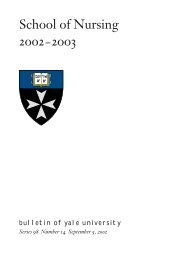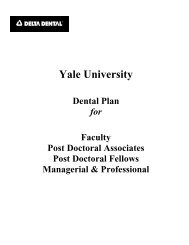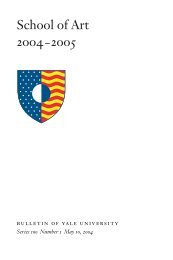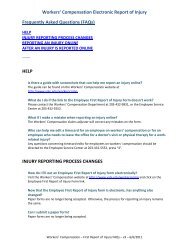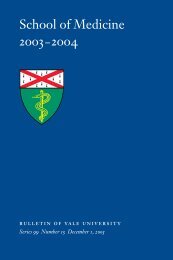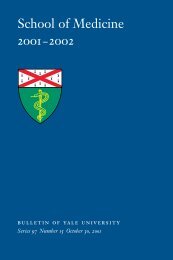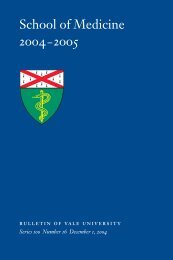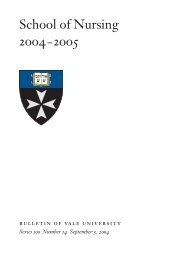You also want an ePaper? Increase the reach of your titles
YUMPU automatically turns print PDFs into web optimized ePapers that Google loves.
pertaining to the historical partition of India. Yet the strong bonds of ethnicity, place oforigin, and a shared history of “otherness” in relation to the Africans and Europeans inEast Africa had contributed to the formation of a common Asian identity in Mwanza(Bienen 1974; Mangat 1969).iii Of course there are important differences between “famine,” which Sen’s early workaddresses specifically, and the “chronic hunger” that he takes up later (see Sen 1987)—and that I witnessed among Mwanza’s street children (see <strong>Flynn</strong> 2005). Yet theapproach’s broad applicability rests on the way it complements the “food shortage” and“political crisis” schools of thought (Messer and Shipton 2002: 229; Devereux 2001:248).iv See for example Dallape 1987; Iliffe 1987; Hardoy and Satterwhite 1989; Swart 1990;Reynolds 1991; United Nations 1991; Gunther 1992; Williams 1993; Blunt 1994; Rajaniand Kudrati 1994, 1996; Scheper-Hughes and Hoffman 1994, Ennew 1994a, 1994b;Campos, Raffaelli, Ude et al. 1994; Lugalla 1995; Mulders 1995; Save The ChildrenFund (UK) 1997; Hecht 1998; Marquez 1999; Lugalla and Kibasa 2002, 2003.v All of these children were African (as opposed to Asian or Arab) and 17 claimedaffiliation (through either one or both parents) to the regionally predominant Sukuma.The others associated themselves with Haya, Jita, Rangi, Kuria, Nyamwezi or Kerewegroups. All of these children came from areas outside of the city, and some hadoriginated from as far away as Kenya and Burundi. In the past decade the situation has24




